By: Sami DiPasquale
“How did Jesus love? Jesus relocated. He became one of us. He didn’t commute back and forth to heaven.”
Last month I began a conversation exploring the key components of a lifestyle dedicated to Christian community development (CCD), a holistic framework that we strive to pursue in our Ciudad Nueva community. One of the fundamental elements of this lifestyle is relocation, or making the decision to live in community with those we feel called to walk with.
The following is an explanation of relocation by seasoned practitioners in CCDA (Christian Community Development Association):
Living out the gospel means desiring for one’s neighbor and neighbor’s family that which one desires for one’s self and family. Living out the gospel means bettering the quality of other people’s lives spiritually, physically, socially, and emotionally as one betters one’s own. Living out the gospel means sharing in the suffering and pain of others.
How did Jesus love? “The Word became flesh and dwelt among us, and we beheld His glory as of the only begotten from the Father, full of grace and truth.” (Jn 1:14) Jesus relocated. He became one of us. He didn’t commute back and forth to heaven. Similarly, the most effective messenger of the gospel among the marginalized will also live among those that God has called the person to. A key phrase to understand relocation is incarnational ministry.
By relocating, a person will understand most clearly the real problems facing the marginalized in the community; and then he or she may begin to look for real solutions. For example, if a person ministering in an under-resourced community has children, one can be sure that person will do whatever possible to ensure that the children of the community get a good education. Relocation transforms “you, them, and theirs” to “we, us, and ours.” Effective ministries plant and build communities of believers that have a personal stake in the development of their neighborhoods.
Relocation is community based in the very essence of the word. There are three broad categories of people who live in a community:
Relocators are people who were not born in the community but moved into the neighborhood.
Returners are the people born and raised in their community and then left for a better life, but eventually returned. They are no longer trapped by the surrounding poverty of their neighborhood. Yet, they choose to return and live in the community they once tried to escape.
Remainers are the individuals that could have fled the challenges plaguing their community but chose to stay and be part of the solution to the problems surrounding them.
How does this look at Ciudad Nueva?
Many of our staff (over half) have made the decision to live in our Ciudad Nueva community, the Rio Grande District (bounded by Mesa & Cotton, I-10 & Schuster in central El Paso). Most of us are not originally from the neighborhood; rather we are relocators into the community. Some are from El Paso and have decided to return back to El Paso to invest in the transformation of the Rio Grande District. We are very excited that a recent addition to our staff, Vero Aldabe, is a remainer – she recently graduated from El Paso High School and is currently committed to investing back into the very community she was raised in. Whether we are relocators, returners or remainers, we all have one thing in common – a deep commitment to walking alongside, understanding, and loving our neighbors in the Rio Grande District, as we embody the gospel in the best way we know how. Thank you for joining us in this journey!

